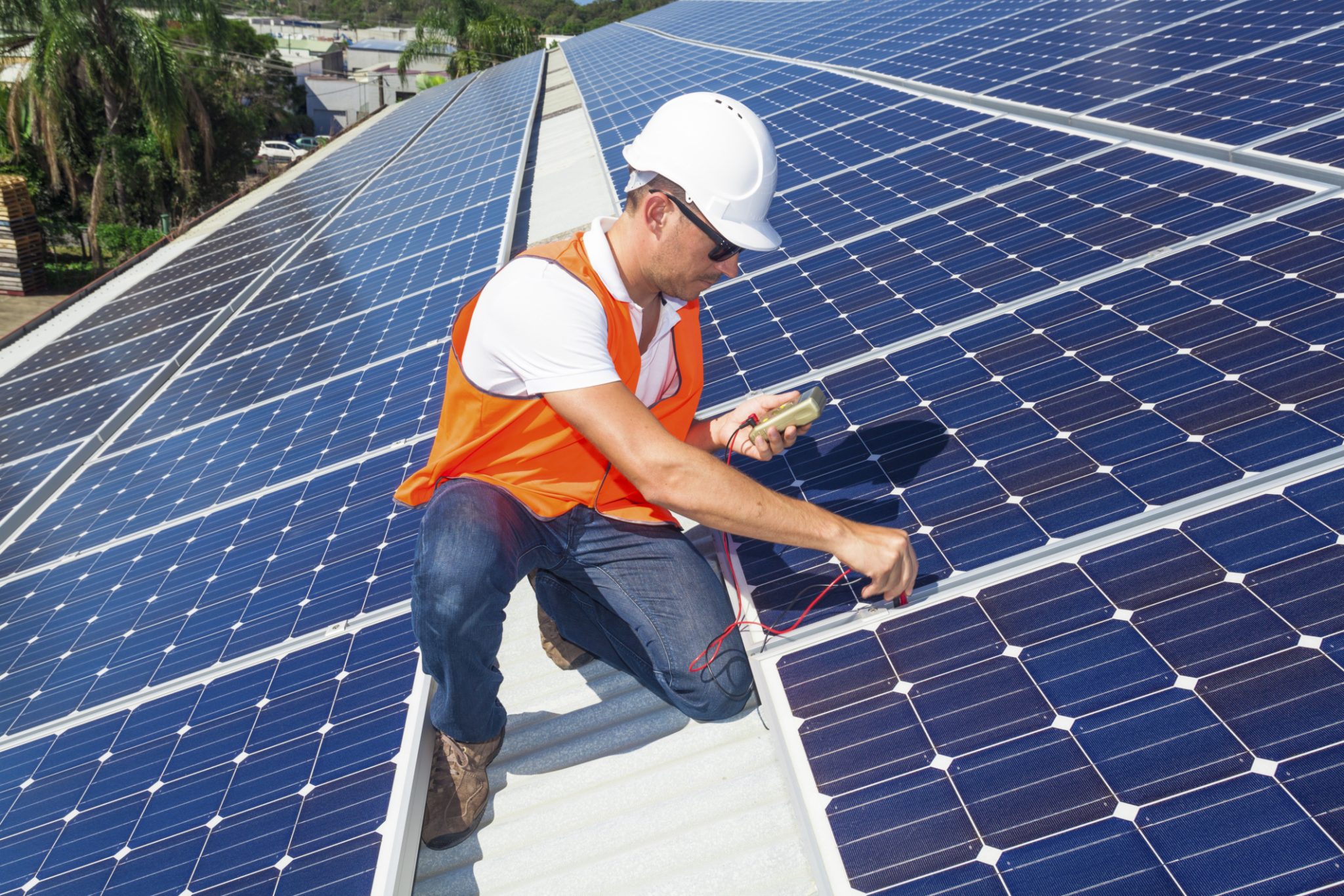About Net Metering
If you’ve considered switching to solar energy for your home, you may have heard of net metering. This solar energy incentive can give solar power users who produce excess energy a lot of benefits. But how does it work? What do you need to know about it?
At Prospect Solar, we are dedicated to educating others about solar power, with everything from industry news to basic solar energy vocabulary to the economics of solar energy and everything in between. Here is our basic guide to the concept of net metering:
What is Net Metering?
Net metering is an incentive that allows any solar users who produce excess solar power to send this surplus energy to the electric grid. When you begin supplying energy to the electric grid, your energy meter will run backward until you stop producing more than you use.
Other customers who share your utility will immediately use up the extra power that you send to the grid, but you will be compensated for supplying the energy. When your solar home “shares” its power, your utility will credit you for the amount that flowed from your system onto the larger grid. This credit will help offset the cost of your monthly energy bill, making it a very enticing incentive.
Can I Receive Extra Money Each Month for Producing Excess Energy?
The energy credit you may receive for producing more than you use over time is simply credit. You do not receive extra cash or income each month for producing excess energy. The credit is there to help reduce the cost of your monthly energy bill as a reward for supplying others with extra power. Some regions have limits for how much credit you can receive or how long the credits can remain on your bill.
What Are the Local Laws Regarding Net Metering?
In Virginia, residential solar panels up to 10 kilowatts in capacity and commercial solar panels up to 500 kilowatts in capacity are eligible for net metering. Virginia has a first-come, first-served method, and each electric company will only supply a credit until the total capacity of a state’s customer-owned solar panels reaches 1% of the company’s peak load for the previous year.
In Maryland, utility companies will give credits to residential systems that have up to 2 megawatts of capacity. Like Virginia, Maryland has a maximum limit to all net-metered systems, and all residential systems are capped at 1,500 megawatts.
In Washington D.C., utility companies offer a retail rate for excess energy for up to 100 kilowatts.
Solar Panel Installation: Start Earning Energy Credit Today!
Make a positive change that will not only help save the planet but give you a variety of economic benefits. Prospect Solar offers residential solar panel installation and commercial solar panel installation in Northern Virginia, D.C., and Maryland. Our solar power experts and technicians can help you understand how solar panel works, and help you pick a solar panel array that will bring you the highest energy savings possible.
To learn more about net metering or to make the switch to solar energy, contact us online or call us at (703) 444-2447.
